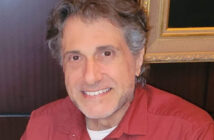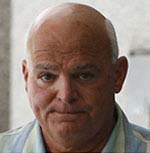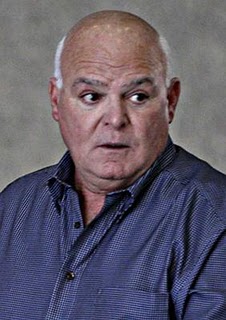Ceremonial deism (yes, that’s a thing) is a concept that holds religious artifacts and phrases endorsed by the U.S. government do not violate the Establishment Clause on the grounds that said religious claptrap has been leeched of significant religious content “through rote repetition.” The term first appears in popular usage in a dissenting opinion in the 1984 Supreme Court case Lynch v. Donnelly, but its origins lie in an infamous 1962 lecture by a Dean of Yale Law School name Eugene Rostow. He claimed that “conventional and uncontroversial” expressions of faith were exempt from the Establishment Clause.
Unfortunately, Rostow failed to note that the notion of a singular god held by our Founding Fathers was mostly like a Deistic Creator god, a concept entirely at odds with most modern interpretations of Christianity, yet widely accepted by the main architects of the Declaration of Independence and the Constitution.
But that is how history goes sometimes.
The decision to keep the Ground Zero Cross in the 9/11 museum was applauded by many Christians, but in the end, we can see that the rationale behind the decision is really a defeat for their beliefs. It is ultimately funny that Christianity’s last bastion for foisting its twisted morality on America is pretending that the phrases and symbols it reveres are ultimately devoid of religious substance. Maybe if Christians repeat the legal reasoning behind those rulings over and over enough times they’ll start to wake up to the fact that the whole concept of religion is without any significant content.




1 Comment
I agree with your thesis, but there’s no need for the hostility. Wow Theodore, you really hold some sort of grudge against Christianity. “Twisted morality”? That’s pretty gratuitous, Ted. Most of the Founders were in fact NOT Deists. Neither Jefferson nor Adams considered themselves Deists, but unitarians and Christians. Even Thomas Paine didn’t call himself a Deist, though his critics did, and worse. Most of the Founders were Protestant in some sense or Catholic. I suggest you read “The Myth of American Religious Freedom” by Andrew Sehat (Oxford University Press, 2011) for a better understanding of America’s religious background during the Founding era (and after). You could also try Gregg L. Frazer’s “The Religious Beliefs of America’s Founders” (University of Kansas Press, 2014). I would also recommend Vincent Phillip Munoz’s “God and the Founders” (Cambridge University Press, 2009).